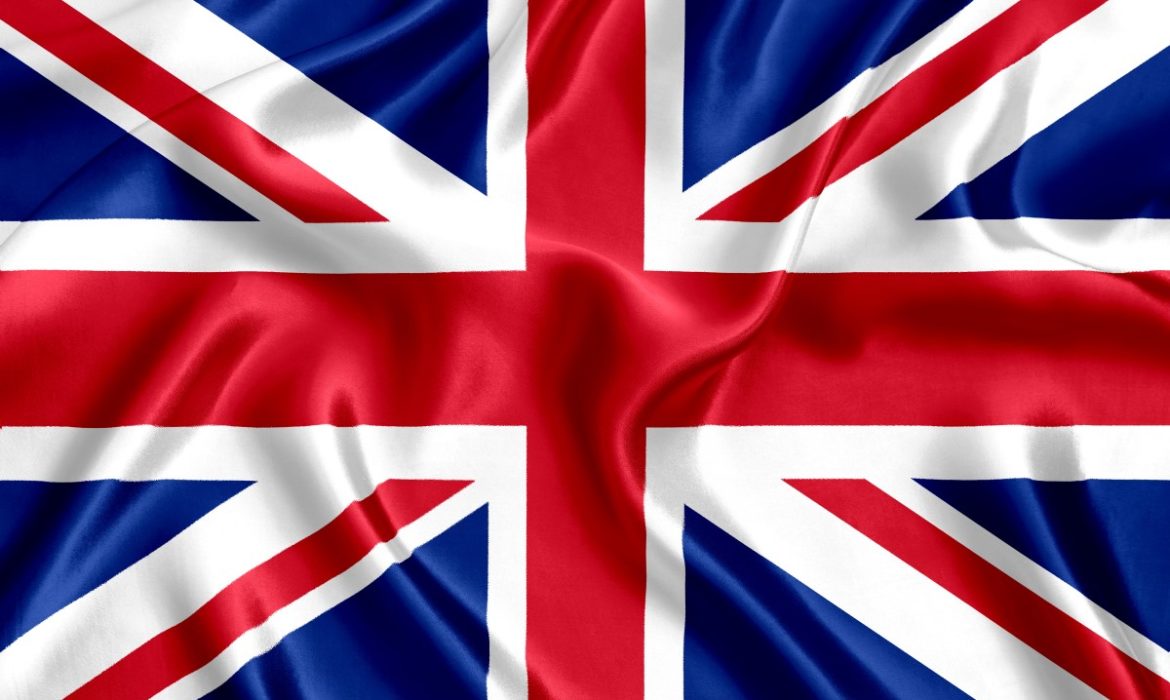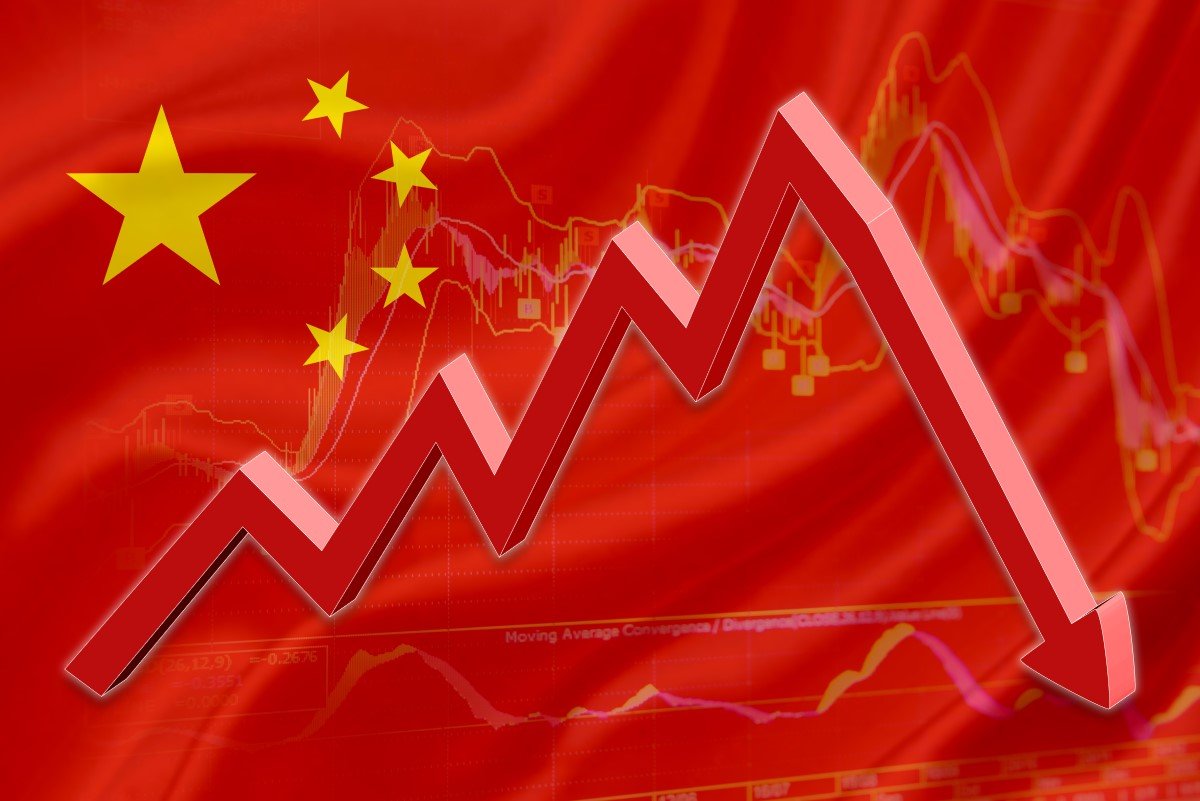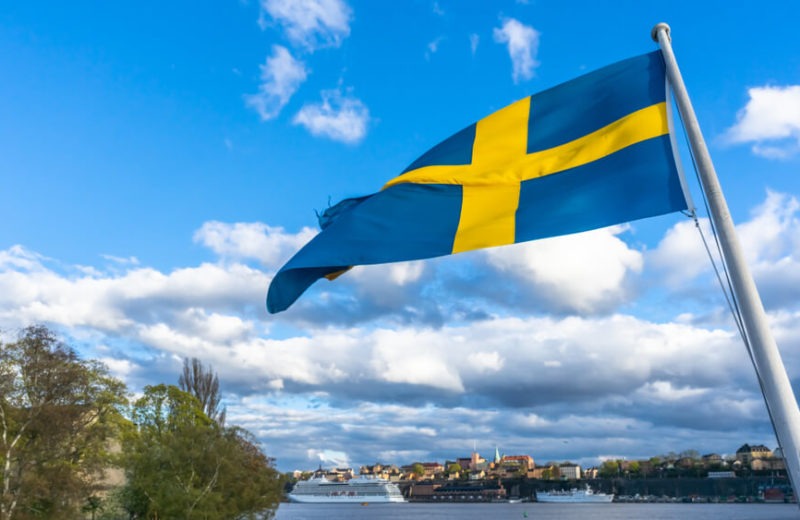Key Points
- UK Economy shows 0.1% GDP growth in February 2024 after a 0.3% rise in January.
- Inflation dropped to 3.4% in March, making it a two-and-a-half-year low.
- New policies, like cuts to National Insurance, aim to boost growth.
- The outlook remains cautious with potential further inflation drops.
The UK’s economy has exhibited signs of a gradual recovery in the early months of 2024. This follows a challenging recession in the latter part of 2023. As per recent figures, the GDP grew by a modest 0.1% in February, contrasting with a 0.3% growth in January, which was later revised upwards. This indicates a return to sluggish growth, characterised by a mixed sector performance. Notably, the production sector rose by 1.1%, while construction output fell by 1.9%. The services sector, a significant component of the economy, grew by just 0.1%, down from 0.3% in the previous month.
UK Economy: Inflation Hits 3.4% Low
The tepid growth across various sectors underscores the uneven recovery path. The construction sector, in particular, has taken a hit, potentially reflecting broader uncertainties in the market. Meanwhile, inflation in the UK fell to 3.4% in March, reaching a near two-and-a-half-year low, offering some relief to consumers and policymakers. This inflation decline contrasts with the US situation, where inflation remains slightly higher at 3.5%, influencing the Federal Reserve’s monetary policy decisions.
Tax Cuts Impact 29M, Inflation Halved
The UK government’s recent policy measures, including cuts to National Insurance, which impacted 29 million working individuals last week, have been touted as catalysts for economic improvement. Chancellor Jeremy Hunt has hailed these measures as turning points for the economy. On the political front, these developments have been welcomed by the Conservative party, emphasising their commitment to economic growth under Prime Minister Rishi Sunak’s leadership, with notable achievements including halving inflation rates.
UK Economy Shrinks, Real Wages Below 2008 Levels
Despite governmental optimism, criticism from key figures like Paul Nowak, the TUC General Secretary, highlights ongoing concerns. Nowak points out that the economy remains smaller than last year, and real wages are still lagging behind 2008. Also, he underlines the need for a comprehensive economic and industrial strategy to bolster long-term growth.
Economic Outlook and Expert Analysis
Chief UK Economist at Capital Economics, Paul Dales, suggests that while the recession has ended, the economic recovery might not be robust enough to prevent a further fall in inflation and interest rates, similar to trends observed in the US. This cautious optimism mirrors the broader consensus that the UK economy is on a path to recovery. However, significant challenges remain, necessitating sustained and strategic economic policies to ensure stability and growth.













